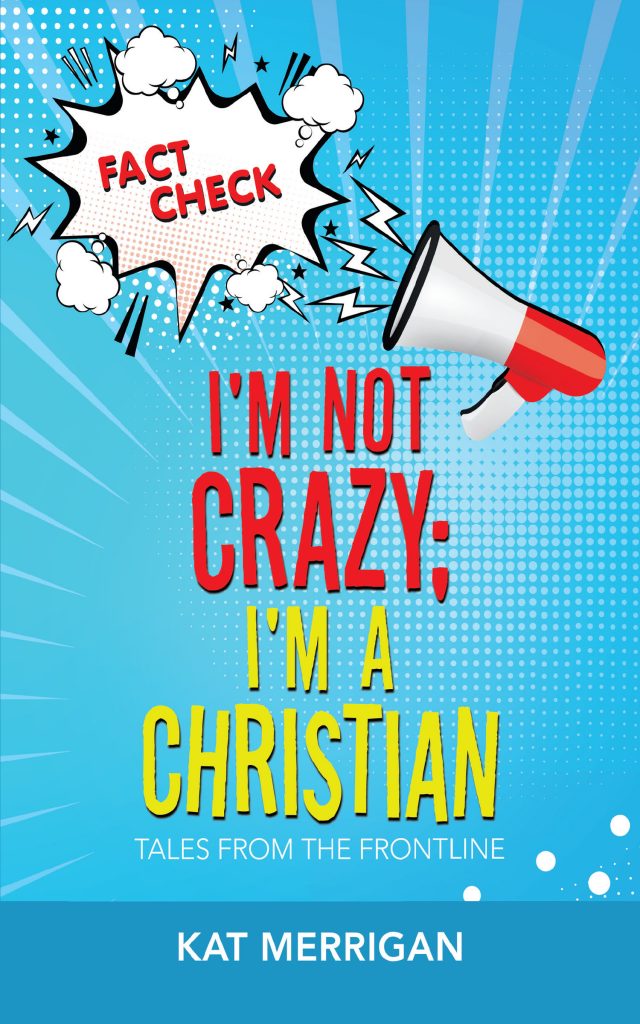To speak, or not to speak, that is the question.
 Yes, that opening line was inspired by Shakespeare’s Hamlet. I’m a drama queen, remember? In the play Hamlet is contemplating whether “to be, or not to be” as in whether to live or die. My topic is perhaps somewhat less existential. I’m only talking about the power of our words, or as the Bible put it, the power of the tongue. But do our words have the ability to create or destroy, to make something live or die?
Yes, that opening line was inspired by Shakespeare’s Hamlet. I’m a drama queen, remember? In the play Hamlet is contemplating whether “to be, or not to be” as in whether to live or die. My topic is perhaps somewhat less existential. I’m only talking about the power of our words, or as the Bible put it, the power of the tongue. But do our words have the ability to create or destroy, to make something live or die?
Take a moment and think of the kindest words that were ever spoken to or about you. Go ahead. I’ll wait.
How did that just make you feel? Did you find yourself smiling? Perhaps you felt a bit warm inside. Maybe your shoulders even dropped a little as your body relaxed. You might have felt a bit energized, or a bit calmer. But chances are you felt something upon remembering those words. Could it be that you feel a little better or, dare I write it, even happier?
Now, this is the tough part. Take a moment and think of the meanest, most hurtful words that were ever spoken to or about you. Go ahead. I’ll wait. And I’ll keep the tissues ready, if you need them. I know I usually do.
How did that feel as you recalled hearing someone call you names or make fun of you or simply degrade or dismiss you? Did your heart start to beat a little faster? Did your mouth get a little dry? Perhaps you felt your neck getting stiff as your shoulders tightened with stress. I’m fairly certain you don’t feel the same way you did after remembering the kindest words. And that makes perfect sense.
Our words have tremendous power.
As I did some prep work for this piece, I was reminded of how many Bible verses are dedicated to this topic. The overriding theme in many of them is that it is often best to not speak at all. (Note: All Bible references are from the NIV version on biblegateway.com.)
Here are just a couple of examples:
Those who guard their lips preserve their lives, but those who speak rashly will come to ruin. (Proverbs 13:3)
My dear brothers and sisters, take note of this: Everyone should be quick to listen, slow to speak and slow to become angry, because human anger does not produce the righteousness that God desires. (James 1:19-20)
If you’re like most of us, you’ve experienced bullying. It’s a horrible fact of life. In my first book, I’m Not Crazy; I’m A Christian, I discussed my own story with bullying. I was never physically attacked, but the verbal scars were still painful. In junior high school, I sharpened my weapon: my tongue. I could cut you ten different ways with just a few precision insults designed for maximum impact. Sadly, I was both bullied and bully. I liken it to a trickling down effect. I was hurting, so I found someone else to hurt. It was so wrong and yet so strangely normalized in that setting. Nearly everyone did it in some form, except for those who were lowest on the social ladder.
I remember visiting a childhood friend one evening. We were both now in our twenties. We stood in her kitchen remembering our pain and the pain we caused others. We both started to cry, not for ourselves, but for those kids that we turned our attention toward. Mind you, I confronted those who bullied me. In some classes, it was a veritable verbal boxing match every day. But I also did tease those who were “guilty” of just being different and an easy target. I told myself I wasn’t so bad because I never hurt anyone. In fact I was nice to them…until they walked away or left the room. Then I would laugh with my friends about the clothes they had worn that day, or the way they talked or whatever trivial nonsense I could dissect. But no matter how hard I tried to rationalize or justify it, it was wrong. In those moments I was a “mean girl”. I’ve had to acknowledge that and ask God for forgiveness for my actions.
This is the part where I write how I learned my lessons at 14 and went on to never use my words deliberately to hurt another person again, right? Wrong. This isn’t a movie or TV show where everything gets tied up in a pretty little bow at the end. With a lot of years of dedicated prayer and effort, I’ve learned to pull back some before a full-scale verbal attack, but that doesn’t happen every time.
Why is it so hard to just zip your lip? In James Chapter 3 of the Bible the tongue is compared to a bit in a horse’s mouth that turns the animal, or the rudder of a ship (vs. 3-4).
Likewise, the tongue is a small part of the body, but it makes great boasts. Consider what a great forest is set on fire by a small spark. The tongue also is a fire, a world of evil among the parts of the body. It corrupts the whole body, sets the whole course of one’s life on fire, and is itself set on fire by hell. All kinds of animals, birds, reptiles and sea creatures are being tamed and have been tamed by mankind, but no human being can tame the tongue. It is a restless evil, full of deadly poison. (James 3:3-8, emphasis added)
That is a serious paragraph. I suggest you read it again. I don’t know about you, but it actually gives me a strange comfort as I realize that my struggle is not necessarily unique. Our human nature is prone to great acts of selfishness, cruelty, and even downright evil. Without God’s help, I know I’m capable of the absolute worst behavior. I am no good to myself or anyone else. But with God I can do better. I can be better. We’re not hopeless. Those kind words that were spoken over you were true. Those mean, awful words were not how God sees you. They don’t have to define you.
As I said it has taken me many years and missteps (or misspeaks) to get where I am today. The work isn’t done. It is a daily commitment that is particularly challenging when I’m put in contentious situations. Remember, my defense mechanism wasn’t physical strength, it was verbal annihilation. So even now, if I feel threatened in some way, I’m ready to lash out, not with fists but with words that will leave emotional scars that may never heal.
There will come a day when we will be held accountable for the life we lived here and the words we said. Don’t believe me? Great. Check this out:
But I tell you that everyone will have to give account on the day of judgement for every empty word they have spoken. For by your words you will be acquitted, and by your words you will be condemned. (Matthew 12:36-37)
Told you the Bible was serious about this whole power of the tongue thing! If I stop and think of all the “empty” words I’ve spoken in the last five minutes alone, I get chills. I can’t even imagine having to face a lifetime’s worth of them. With that in mind, I certainly don’t want to keep racking up more empty words to add to my tally.
There. Is. Hope.
God is so good. He never leaves us without resources to help us make the most of our time here.
Whoever would love life and see good days must keep their tongue from evil and their lips from deceitful speech. (1 Peter 3:10)
There’s the goal. But how do we hope to achieve it? Check this out:
Set a guard over my mouth, Lord; keep watch over the door of my lips. (Psalm 141:3)
I love this verse. It is an eloquent way to say, “Lord, zip my lip.” I can testify that when I have asked for help in this area, He does give it. Sometimes I’ve literally choked on the words that I was all prepared to say that were shoved back down for my protection. It’s not easy. But, as I often write, it is possible with God.
I asked at the beginning of this piece: do our words have the ability to create or destroy, to make something live or die? I’ll close with this verse. You can decide for yourself.
The tongue has the power of life and death, and those who love it will eat its fruit. (Proverbs 18:21)
Remember, sometimes zippers get stuck or rusty, so if you’re like me give yourself some grace as you learn to speak life.
Until next time: stay happy, stay healthy, stay in the know.
Look forward to hearing from you,
-Kat

Recent Comments